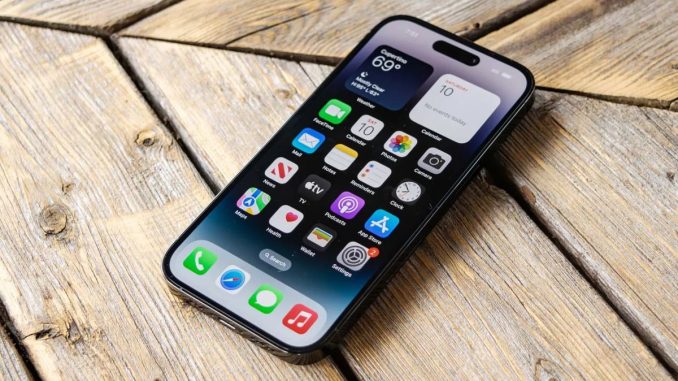
Apple is about to give EU iPhone users something they’ve wanted for years: the ability to change default phone and messaging apps. This move is a significant shift in Apple’s long-standing approach to tightly controlling its iOS ecosystem, and it’s a direct response to increasing regulatory pressure from the European Union.
Historically, Apple has been firm in its stance that certain default apps—like Phone, Messages, Safari, and Mail—couldn’t be replaced with third-party alternatives. While users could download and use other apps, they were always pushed back to Apple’s default options for core functionalities. But now, thanks to EU regulations that push for more consumer choice and competition, that’s about to change.
What’s Behind the Change?
The driving force behind this change is the EU’s Digital Markets Act (DMA), a regulatory framework designed to ensure a more level playing field for tech companies. The DMA specifically targets “gatekeeper” companies like Apple, which have significant control over how their platforms operate. The legislation calls for more open ecosystems and increased flexibility for consumers to choose the apps they want to use, without being forced into the manufacturer’s defaults.
Faced with this new regulatory landscape, Apple is complying by allowing EU users to set their own default phone and messaging apps. This means that soon, you could be using WhatsApp as your default messaging app or placing calls through Skype instead of Apple’s native apps.
What Does This Mean for iPhone Users?
For EU iPhone users, this update is a significant win. It gives them more control over their devices and more flexibility in choosing the tools that work best for them. If you’ve ever been frustrated by the fact that tapping on a phone number in Safari always opens the Apple Phone app, this change is going to make your life easier.
This change also opens the door for third-party app developers to compete more directly with Apple. Messaging apps like Telegram, Signal, or even Google Messages can now become the default communication apps for users who prefer them over Apple’s native options. Similarly, VOIP services can challenge the default Phone app, offering alternative ways to make and receive calls.
The Broader Impact
Apple’s decision to comply with the EU regulations may set a precedent for other regions as well. While this change is currently limited to the EU, it’s possible that Apple may roll out similar updates in other markets over time. The shift toward more user choice is part of a broader trend in tech, where regulators are increasingly pushing companies to open up their ecosystems and reduce monopolistic practices.
Of course, Apple is known for its ecosystem’s tight integration, and this change may present new challenges. For instance, how will third-party apps handle features like continuity between devices or integration with Apple’s FaceTime and iMessage systems? There are still many questions to be answered, but one thing is clear: iPhone users in the EU are about to enjoy a level of customization previously reserved for Android devices.
Conclusion
The ability to change default phone and messaging apps on EU iPhones marks a new era for Apple users in Europe. It’s a direct result of regulatory pressure, and it highlights how governments are influencing tech giants to prioritize consumer choice. This change will likely have a ripple effect, not just for Apple, but for the entire smartphone industry, as consumers continue to demand more control over their devices.
For now, EU iPhone users can look forward to more freedom and flexibility in customizing their experience, and the rest of the world will be watching to see if Apple expands this option globally.
Leave a Reply